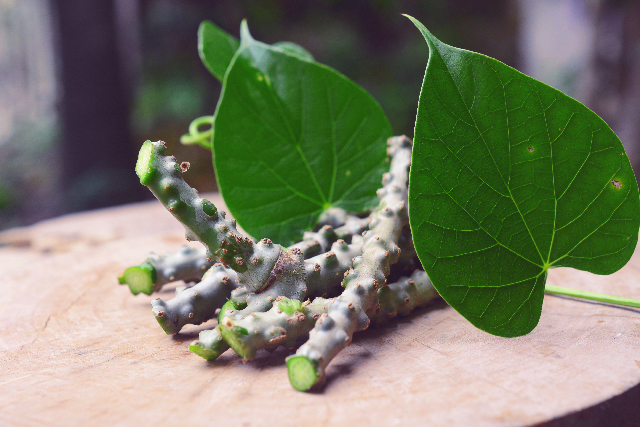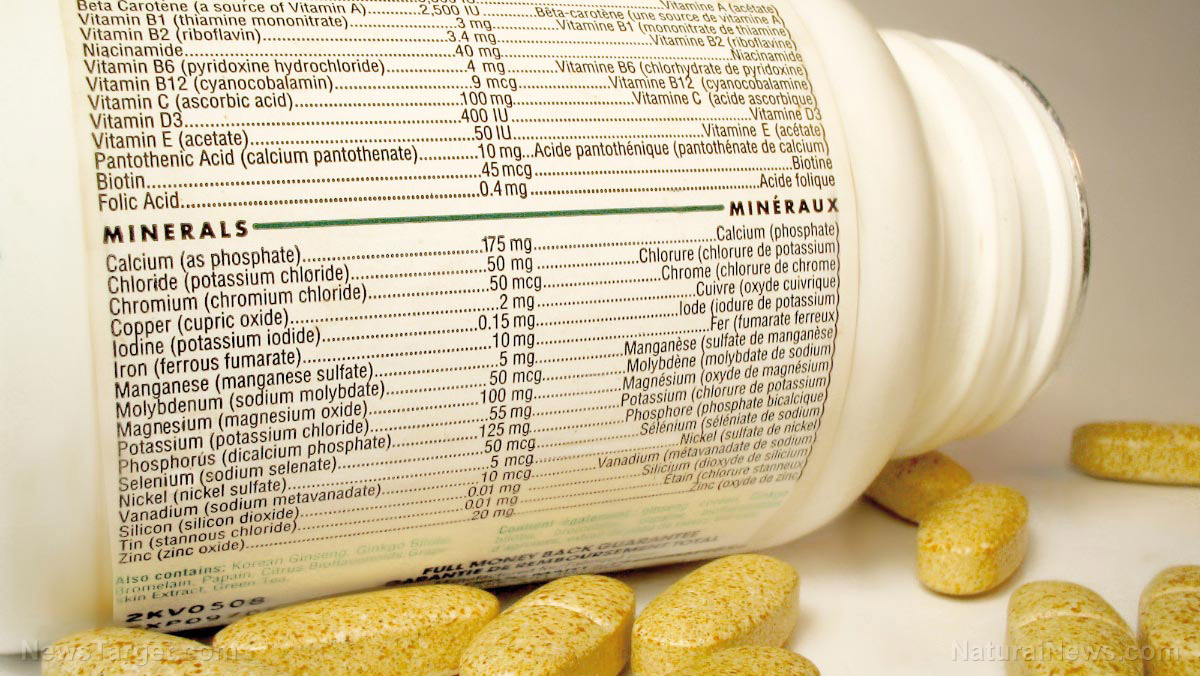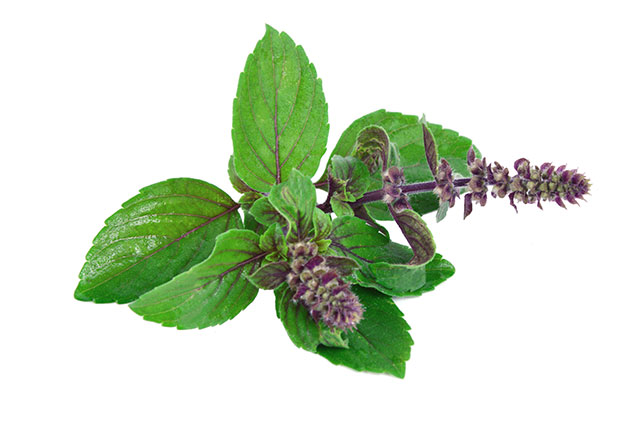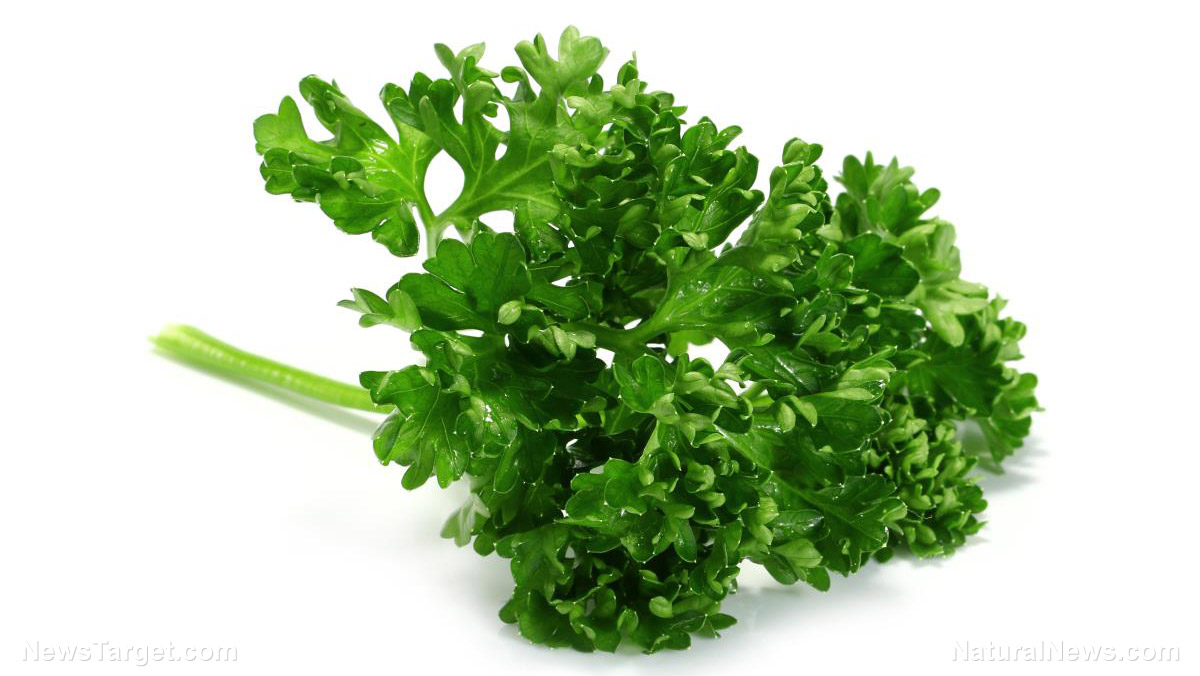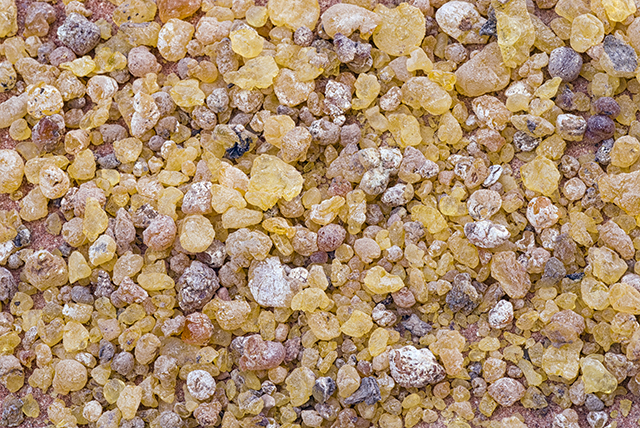Boron, a trace mineral, found to be a potent cancer-preventing substance
05/03/2018 / By Edsel Cook
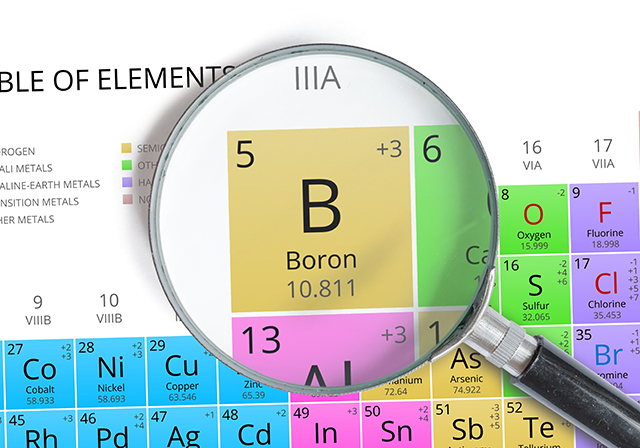
What’s the common denominator between arthritis and prostate cancer? The answer is boron. An often-overlooked trace mineral, boron reportedly plays a big part in ensuring healthy joints, strong bones, and prevention of certain cancers, according to an article from Natural Health 365.
Boron is naturally obtained from eating plant-based food. In the human body, it can be found in hair, nails, and skin, but the highest concentrations are in the bones.
The trace mineral is vital in the production of vitamin D that is used to grow and maintain bones. Furthermore, boron controls the bone-building trio of calcium, magnesium, and phosphorus. It also increases the levels of estradiol, a hormone involved with the healthy functioning of bones. (Related: Magnesium boosts bone health in teenage girls.)
Given its functions and effectiveness, boron is increasingly recommended as a treatment for arthritis patients. Integrative doctors believe it can treat osteoarthritis and rheumatoid arthritis.
Boron lowers the amount of calcium lost from the bones. It also helps calcium get assimilated by joints. The latter function helps preserve joints and cuts back on the pain and swelling caused by arthritis.
Arthritis patients aren’t the only ones advised to increase their boron intake. Athletes and bodybuilders are taking supplements of the trace mineral to help them recover from punishing exercise. They’ve found out that boron can head off the pain and stiffness that often follows workouts.
Boron, the unsung cancer-fighting trace mineral
Boron possesses a host of antioxidant, anti-inflammatory, antibacterial, and antifungal properties. These abilities have drawn attention from medical researchers. Now a growing number of studies suggests boron has anti-cancer properties as well.
In several experiments, boron was shown to prevent normal cells from transforming into cancerous cells and stop the growth of existing tumors. During one animal study, it even shrunk the tumors by nearly 40 percent.
A separate study reported that boron likewise stopped prostate cancer cells from growing in size and spreading to healthy counterparts. Furthermore, researchers from the University of Texas (UT) said that post-menopausal women who took increased amounts of boron as part of their hormone replacement therapy were 50 percent less vulnerable to the risk of lung cancer.
Finally, boron can block the particular human papillomavirus (HPV) strain responsible for cervical cancer in women. That’s a lot of work done by a relatively anonymous micronutrient.
Get your daily dose of boron from fruits, nuts, and other natural plant sources
We normally get our boron from the plants we eat. In turn, the plants draw the trace mineral from the soil. If the soil from which you get your green food suffers from low amounts of boron, you might need to take supplements. But it’s preferable to find a source of plants grown in boron-rich soils.
Some of the best natural sources of this potent micronutrient are apples, avocados, beans, berries, plums, potatoes, nuts, and whole grains. Coffee and milk also have some boron in them.
The average person needs about three to six milligrams of boron each day to stay healthy. A deficiency can have serious consequences.
People with low levels of boron in their bodies suffer from “brain fog.” They are unable to think clearly and find it difficult to concentrate. Other side effects include diminished coordination between the hands and eyes, impaired dexterity, and imbalances in the levels of steroid hormones.
Boron deficiency also raises the chance of contracting diseases that it prevents. Studies warned that people who are not getting enough boron are more vulnerable to arthritis and prostate cancer.
So if you want to enjoy strong bones, sturdy joints, and a cancer-free life, increase your boron intake.
Read up on other vital trace minerals at SupplementsReport.com.
Sources include:
Tagged Under: arthritis, Boron, cervical cancer, estradiol, hormones, micronutrients, nutrients, Osteoarthritis, plant-based food, Prostate cancer, rheumatoid arthritis, Strong Bones, trace minerals


